Solar Panel Installation Edinburgh
We offer a range of solar panel installation options to suit your needs, whether you’re looking to install a simple system or a more advanced solar installation for your home. Find out more and start to lower your energy bills.

Solar panel installers Edinburgh
Investing in solar panels in your home is a smart way for homeowners to embrace renewable energy and take control of their energy usage. As trusted and MCS certified solar panel installers in Edinburgh, we will help you find the solar installation that suits your needs, whether you’re looking to install a simple starter solar system or a more advanced solar installation for your home.
There are several types of domestic solar PV and battery storage systems available, giving you the flexibility to choose the right one for your property and energy goals:
- Grid tied systems: These systems connect your solar panels to the national grid, allowing you to use solar energy during the day and switch to the grid at night. Surplus energy can be exported back to the grid, potentially earning you money.
- Off grid systems: Perfect for remote locations, off-grid systems pair solar PV panels with domestic PV battery storage to provide complete independence from the grid.
- Hybrid systems: Combining the best of grid-tied and off-grid setups, hybrid systems integrate PV battery storage, enabling you to store excess energy and use it when needed. These are ideal for those looking to reduce grid reliance while still maintaining backup options.
PS If you’re a business owner, a factory manager or even a farmer, please visit our commercial solar installation page.
Types of mounting solutions for your solar system..
Choosing the right mounting system is key to the stability, efficiency, and longevity of solar panels. The four main types are on-roof systems, in-roof systems, flat roof systems and ground-mounted systems.
Each option offers unique benefits depending on your roof type, aesthetics, and environment – see below for more details, grab a cup of tea and enjoy the read..
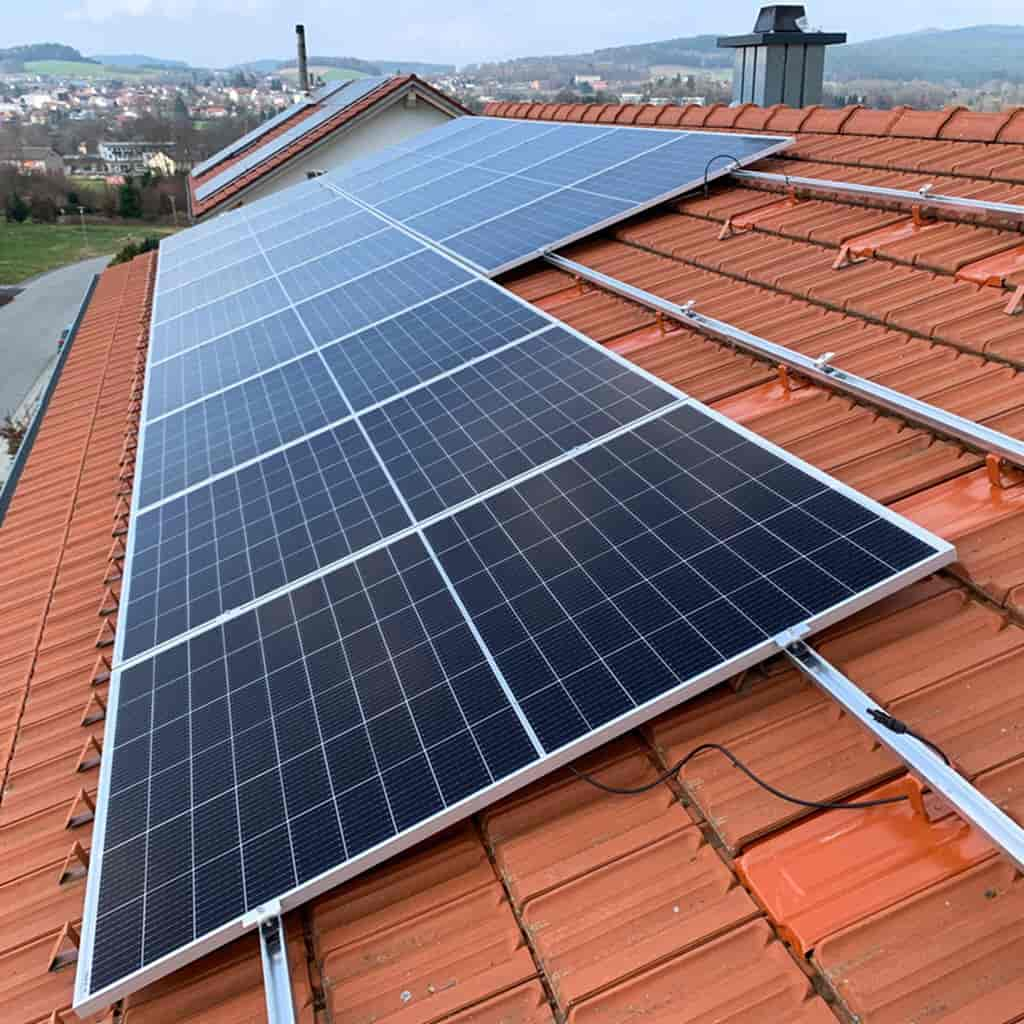
‘On roof’ solar panel installations
On-roof solar panel systems are the most popular and widely used option for residential and commercial properties in Edinburgh.
In this setup, installers securely mount the solar panels onto your existing roof tiles using durable brackets. This method ensures a strong, stable installation while keeping the roof structure intact.
One of the key advantages of on-roof systems is their cost-effectiveness, making them an accessible choice for many homeowners.
Additionally, the installation process is relatively quick and straightforward, minimising disruption to your property.
On-roof systems are compatible with most roof types, including pitched roofs with tiles, slates, or other materials, and can be tailored to optimise sunlight exposure.
Installing your solar panels on roof is a reliable solution for those looking to embrace renewable energy without extensive structural changes. It offers a combination of affordability, ease of installation and efficiency.
‘In roof’ solar panel systems
In roof solar panel systems are designed to integrate seamlessly with your property by replacing a section of the roof tiles. This allows the panels to sit flush with the roofline, creating a sleek, low-profile finish that increases the overall appearance of the building. Unlike traditional on-roof systems, in-roof installations are embedded within the roof structure, making them an aesthetically pleasing option for those who prioritise design as well as functionality.
Installing ‘in roof solar pv panels’ is particularly suited to new builds or properties undergoing roof renovations, as they provide both a modern appearance and efficient use of available roof space.
In addition to their clean and streamlined design, in-roof solar panels offer practical benefits. By becoming an integral part of the roof structure, they improve weatherproofing, protecting the property from water ingress and reducing the need for additional roofing materials. Beyond aesthetics, in-roof systems can contribute to the thermal performance of a building by reducing heat loss, making them an energy-efficient choice for homeowners. They are compatible with a variety of roof types, including slate and tile, ensuring flexibility for different architectural styles.
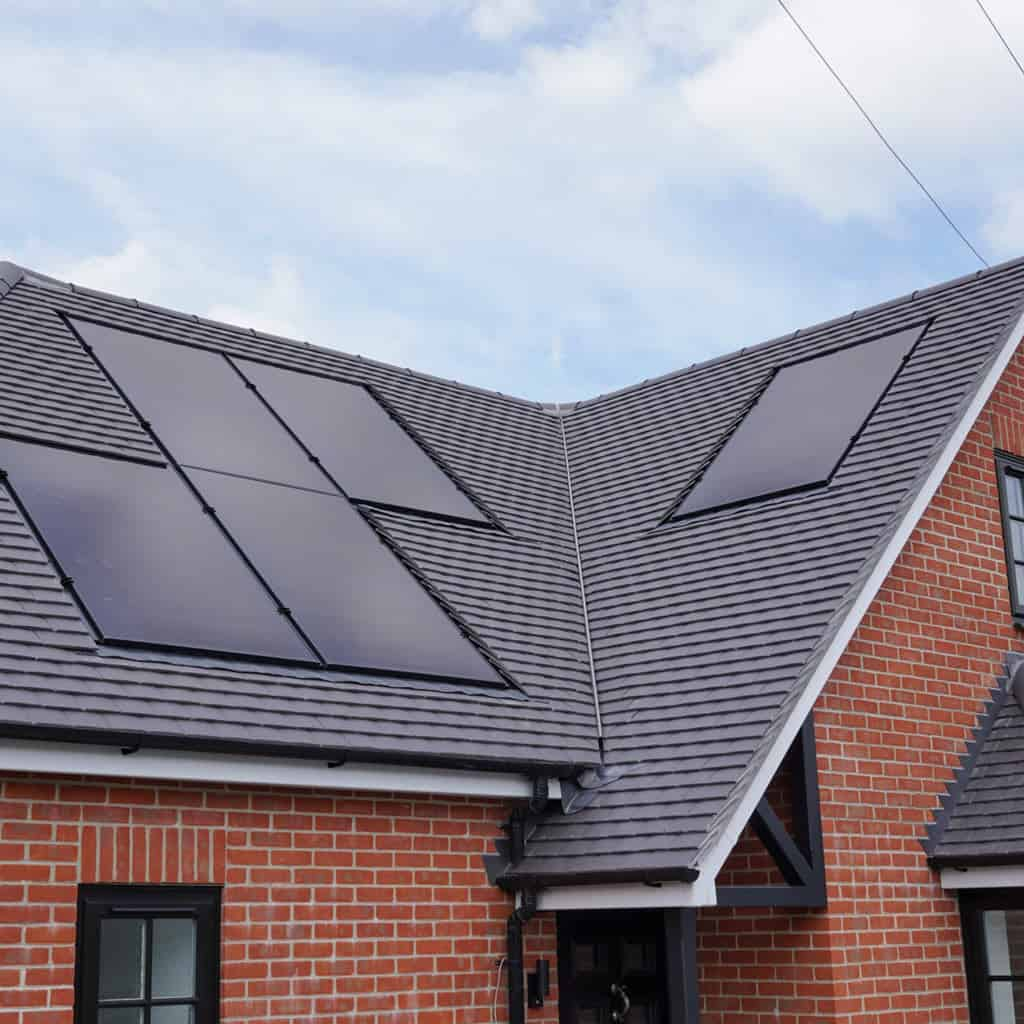
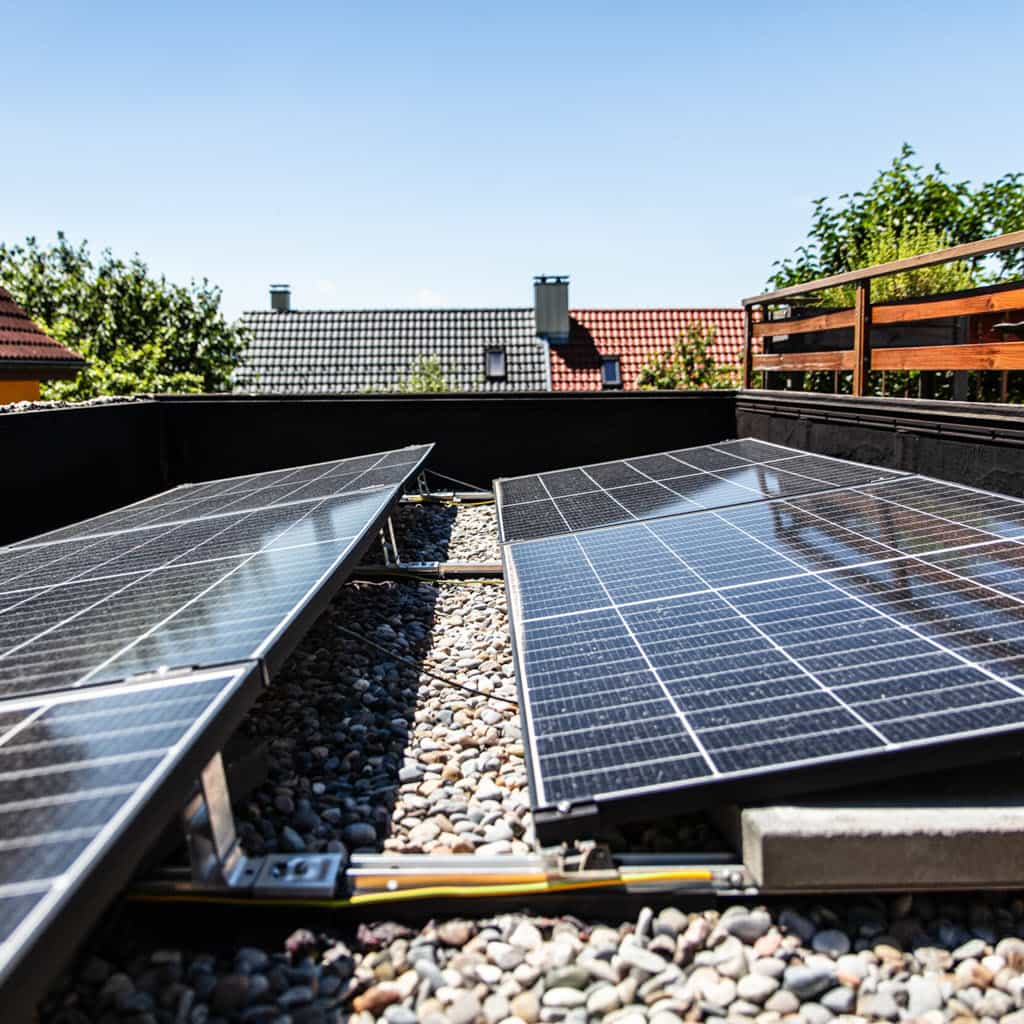
Flat roof solar panel systems
Flat roof solar installations are designed to make the most of available sunlight by using angled mounting frames to position the solar PV panels at the optimal tilt for maximum energy generation.
These systems are highly versatile and can be customised to suit a wide range of flat roof types, whether on residential, commercial, or industrial properties.
To protect the roof’s integrity, we offer ballast mounting systems, which use weights to secure the frames in place, eliminating the need for roof penetration. This ensures that the roof remains undamaged, making it a good choice where sensitive roofing materials or structural modifications are not ideal.
Flat roof solar panel mounting systems also allow for flexible layouts, enabling panels to be spaced and oriented for the best possible performance, even in areas with shading concerns.
Whether you have a small home or a large-scale commercial building, flat roof systems provide a practical and efficient solution for harnessing solar energy.
Ground mounted solar panels
Ground mounted solar panel systems provide a versatile alternative when roof space is limited, unsuitable, or when maximum energy generation is required. In this setup, solar PV and battery storage installers place the solar panels on racks installed directly on the ground in open areas. This gives greater flexibility in positioning and orientation to ensure optimal sunlight exposure throughout the day.
These systems are particularly well-suited for larger properties or rural homes with ample outdoor space. They are an excellent choice for homeowners or businesses looking to install a higher number of panels than might be possible on a roof.
Ground mounted solar panels can be customised to meet specific site conditions, including uneven terrain, with options such as adjustable or fixed-tilt mounting racks. This approach ensures that panels operate at peak efficiency, even in challenging locations.
Additionally, they allow for easier maintenance and cleaning, as the panels are more accessible compared to roof installations. For properties with extensive land, ground-mounted systems provide a highly effective way to maximise energy production and reduce reliance on grid energy.
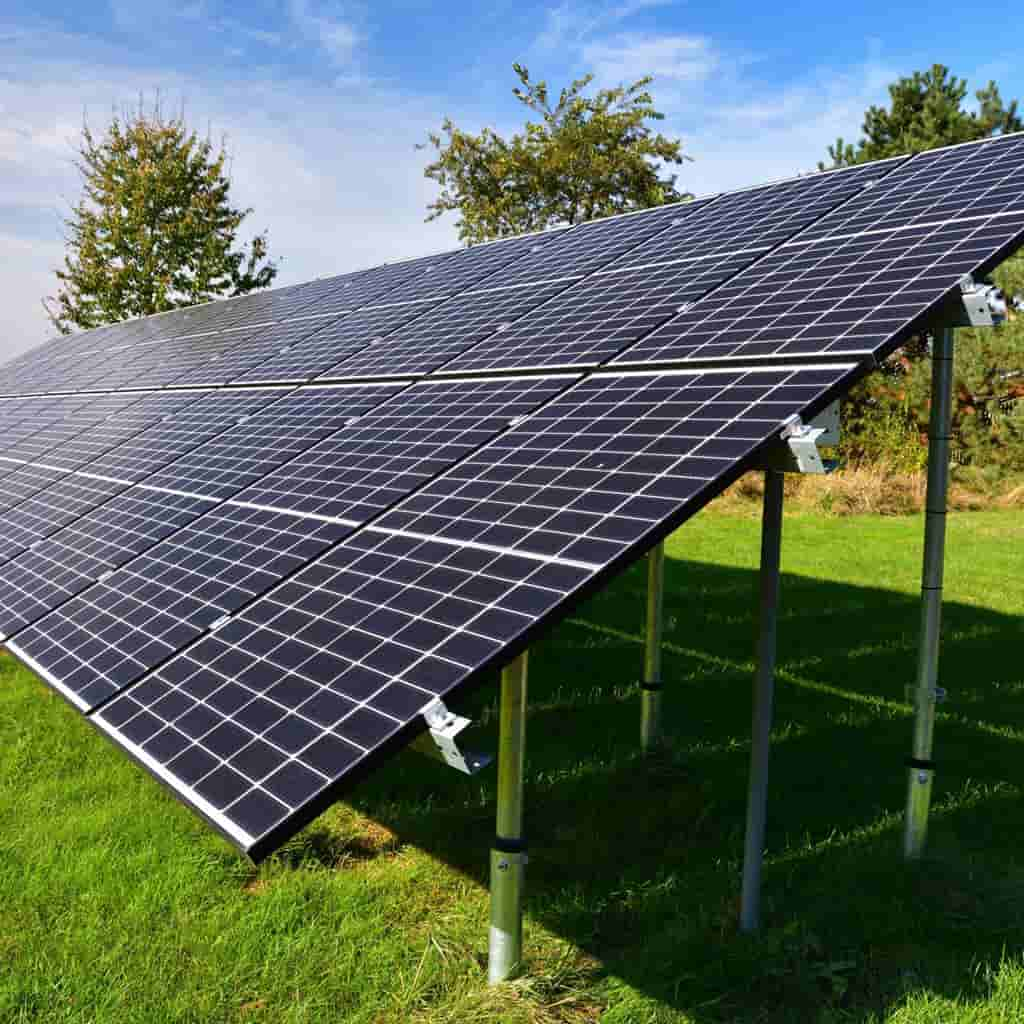
Our Accreditations





PV battery storage
Strengthening your solar energy system with PV battery storage is a game-changer for managing your energy use efficiently and cost-effectively.
You can find out more about solar battery storage systems here.
In summary though – by integrating a battery storage system, you can store excess energy generated by your solar panels during the day (when sunlight is most abundant) and use it when you need it most (such as during the evening or on cloudy days). This reduces your reliance on grid electricity as well as lowering energy bills and maximising the value of your solar investment.
We provide tailored advice and professional installation services for domestic PV battery storage, ensuring the system is designed to meet your household’s specific energy needs.
Whether you’re looking to add battery storage to an existing solar installation or include it as part of a new system, our team is ready to help.
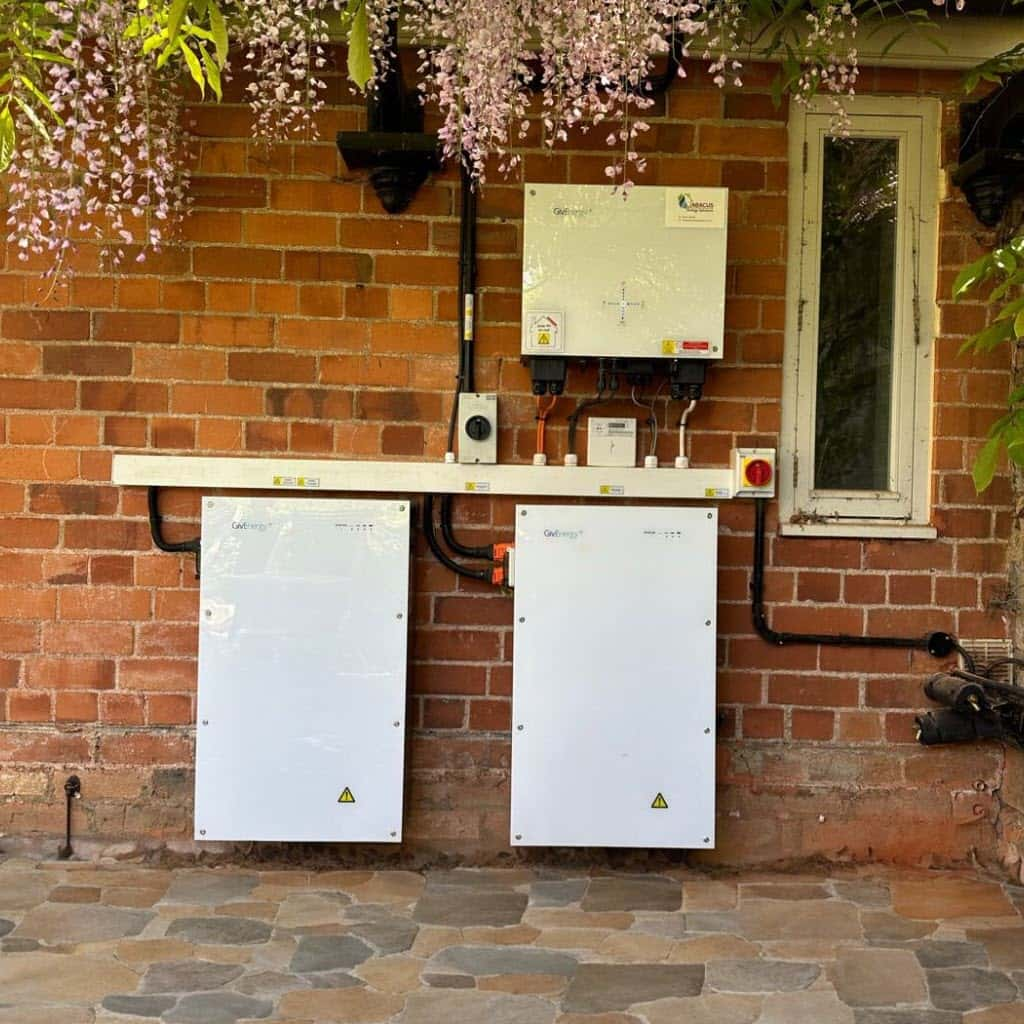
Companies we work with:
Ideal Electrical are local solar PV installers
As a local, Edinburgh-based company, we take great pride in being trusted solar PV and battery storage installers, committed to delivering high-quality renewable energy solutions in Edinburgh and the surrounding East Lothian, Midlothian and West Lothian areas. Our SELECT registered and soon to be MCS and NICEIC accredited team make sure that all installations meet the highest standards of safety, reliability, and performance.
With a complete understanding of the unique requirements of properties in Edinburgh and the surrounding areas, we tailor each installation to suit your specific needs.
When you choose Ideal Electrical, you can have confidence that your system will be installed with precision, care, and compliance with industry best practices.

Understanding G99 application solar process
Installing a solar PV system requires meeting regulatory standards for safe integration with the local electricity network.
For systems over 16 amps per phase (around 3.68 kW), the G99 application is necessary to manage their grid impact.
We manage the entire process from start to finish, guaranteeing a smooth and efficient installation every step of the way.
Smaller systems fall under the simpler G98 process, which you can find more information in the section further down this page.
While both processes ensure safe operation, G99 involves a more detailed assessment by the local distribution network operator (DNO).
Everything you need to understand about G98, G99, and DNO applications
The G99 application is required for systems exceeding 3.68 kW, including those with battery storage or hybrid systems. Our team can help assess if your project needs G98 or G99.
The G99 process starts with designing your solar system to meet technical requirements. We compile the necessary details into an application for the DNO, who evaluates the system’s impact on the grid and requests adjustments if needed. approval, the system is installed, inspected, and certified.
Understanding G98 applications for solar installations
Smaller systems (around 3.68 kW) fall under the G98 process, which involves fewer assessments. After installation, the system is tested to ensure it meets G98 standards. If it passes, you’ll receive a certificate confirming compliance.
Choose Ideal as your solar panel installers
We understand that choosing the right solar panel system is an important decision, and we’re here to guide you through the process with personalised advice and high quality installations tailored to your needs.
From the initial design to installation and ongoing support, our team is dedicated to making your transition to renewable energy as smooth and rewarding as possible.
Whether you’re considering solar panels for your home or adding battery storage to maximise your energy efficiency, we’re here to provide a reliable and friendly service you can trust.
Get in touch with us today to find out how we can help you take control of your energy use and start enjoying the benefits of solar power.
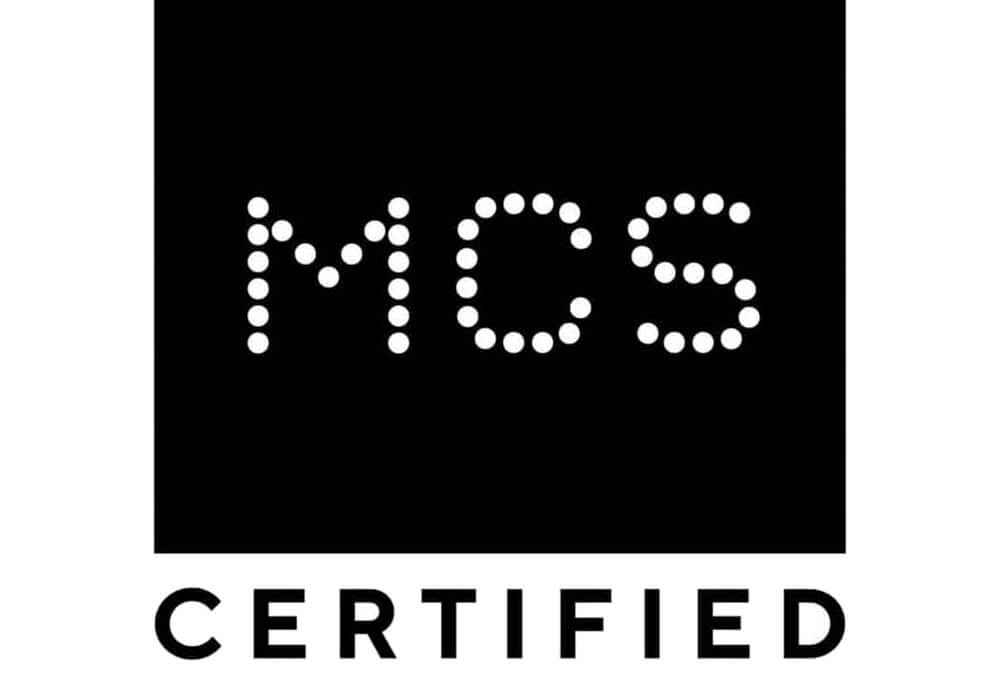
Contact us today
Let’s make your solar panel and battery installation project a reality. From initial design to the final connection, we handle every step with precision and care.
Got plans or ideas for your system? Fantastic! Send them our way – we’re here to help you design a solar PV and battery storage solution that perfectly suits your property and energy needs.
Address:
4-5 Parsons Green Terrace
Edinburgh
EH8 7AN
Contact:
Enquiry Form
Reviews of our solar panel installers:
Customer reviews of our solar panel installers.
FAQs for solar panel and battery installation:
We have been installing solar panels and battery storage and these are some common questions our customers ask us
Filling in a G99 application solar PV involves providing detailed information about your solar PV system, including its capacity, inverter specifications, and expected energy export levels. You’ll also need to include site details and technical documentation. The application is submitted to your local Distribution Network Operator (DNO) for approval. Our team can handle the process for you, ensuring accuracy and compliance.
A PV storage battery is a device that stores excess energy generated by your solar panels during the day. This stored energy can then be used when sunlight is insufficient, such as in the evening or on cloudy days. Battery storage increases energy independence and efficiency, making the most of your solar system.
Solar PV (Photovoltaics) refers to the technology that converts sunlight into electricity. It uses solar panels composed of photovoltaic cells to generate clean, renewable energy for homes, businesses, and the grid.
PV stands for Photovoltaic, which is the process of converting light into electricity using semiconducting materials. This technology is the foundation of solar energy systems.
The size of standard solar PV panels is typically around 1.7 metres by 1 metre, with a thickness of about 35-40 millimetres. Each panel generally has a capacity of 300-400 watts, depending on the brand and model.
The best PV solar panels depend on your specific needs. High-efficiency panels, such as monocrystalline models, are ideal for limited roof space. Brands like LG, SunPower, and Panasonic are known for quality and performance. For larger installations, polycrystalline panels may offer a cost-effective solution.
Solar PV panels generate electricity by capturing sunlight in photovoltaic cells made from semiconducting materials like silicon. When sunlight hits the cells, it creates an electric field that generates direct current (DC) electricity. An inverter then converts this DC into alternating current (AC) for household or grid use.
PV stands for Photovoltaic, referring to the technology that converts sunlight directly into electricity using photovoltaic cells.
Solar PV systems work by capturing sunlight through solar panels, which contain photovoltaic cells. These cells convert the sunlight into direct current (DC) electricity, which is then converted into alternating current (AC) by an inverter. This AC electricity powers your home or business, with any excess energy exported to the grid or stored in a battery.
The capacity factor for a solar PV system is calculated by dividing the actual energy output over a specific period by the maximum possible energy output if the system operated at full capacity all the time.
The type of RCBO (Residual Current Breaker with Overcurrent) needed for solar PV systems depends on the installation’s requirements. Typically, a Type A or Type B RCBO is used, with Type B offering better protection against DC currents that may leak from inverters. Consulting an experienced electrician ensures the correct choice.
The size of the solar PV system you need depends on your energy consumption, roof space, and budget. A typical household may require a 3-4 kW system, which consists of around 10-12 panels. For larger homes or businesses, a system up to 10 kW or more may be suitable. Our team can assess your needs and recommend the best solution.
As seen in



